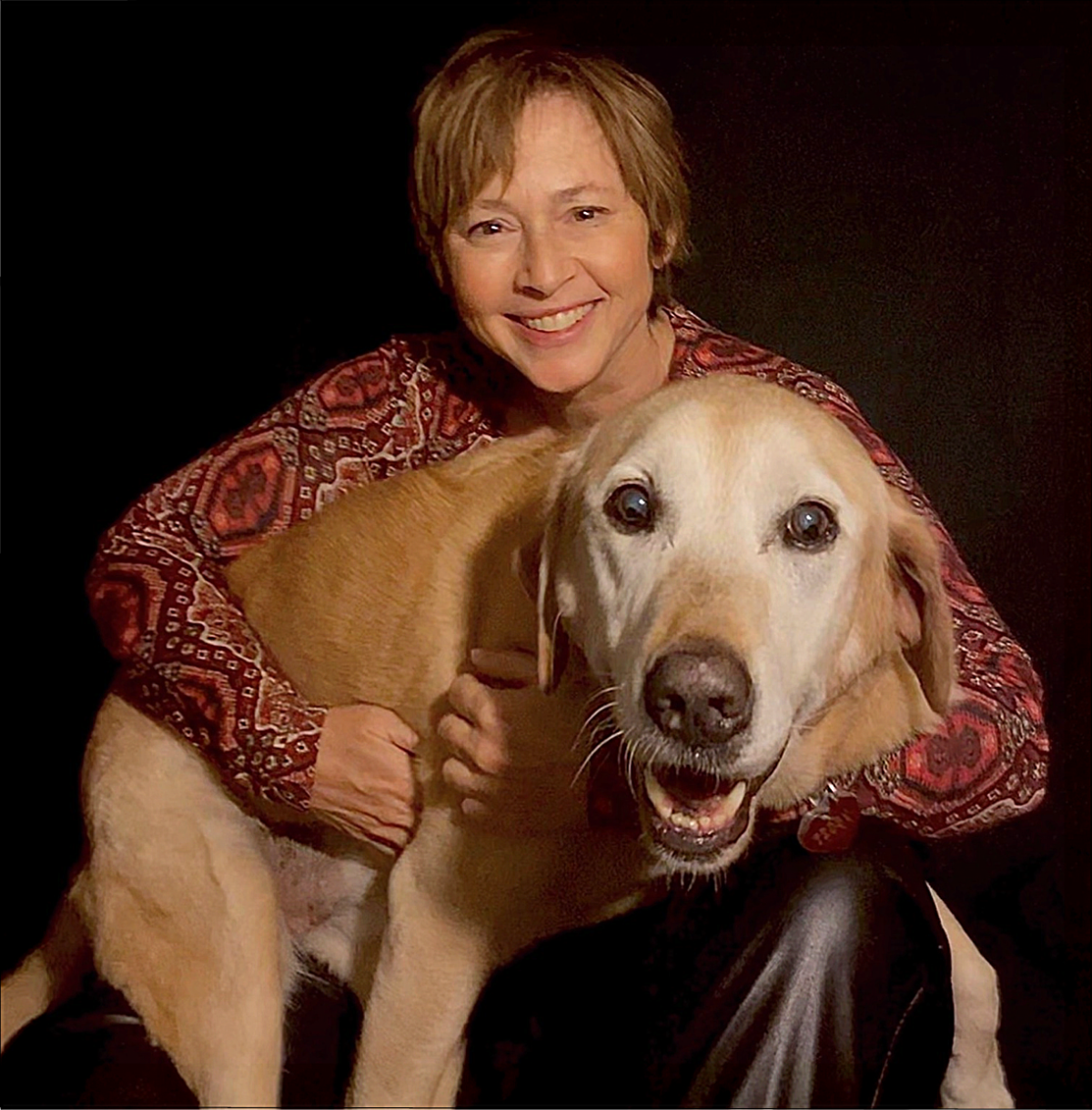Navigating the heart-wrenching decision to euthanize a beloved pet is a difficult choice many people will face when struggling with balancing a pet’s quality of life with their own emotional well-being. While veterinarians can offer guidance and friends may offer opinions, the ultimate judgment call still rests with the pet’s immediate caretakers, a decision often filled with stress, anguish, and the uncertainty of wondering, “Is it really my dog’s time?”
Liz Murdoch is an Intuitive Animal Communicator and the host of the popular podcast Talking with the Dogs! She intimately understands this struggle drawing from her experience within her own family and her work consulting with clients navigating decisions regarding a pet’s end of life. In Liz’s interview with Dr. Judy Morgan’s Naturally Healthy Pets, Dr. Morgan agrees that working with someone experienced with animal communication can provide valuable insight as pet families make appropriate care decisions, including with euthanasia. According to Liz, “I’m able to share detailed information when I connect with their dogs or cats and help people get to their own place of knowing what is the right choice for their situation. This support integrates the animal’s perspective so I can share personalized choices for their pet’s final days.”
Liz started working with dogs as part of an animal assisted therapy team and has nearly thirty years of experience. Along the way, she trained to relay specific details about animals that help her clients] know exactly what a pet is feeling, their favorite things, and a description of what they are physically experiencing. She offers five points to consider while supporting an animal through their end of life experience.
1. There are often options when planning for pet euthanasia. People with pets find this to be a very stressful decision especially when witnessing declines in their dog or cat’s health and wanting to minimize suffering. Liz helps people discern options while sharing the dog’s preferences and perspective, including information pets relay to her about their physical condition and thoughts pertaining to the situation and their caretakers. “Typically, there is flexibility in scheduling when to say goodbye to your family dog. For example, if a vet is recommending euthanasia as a consideration and their schedule is tight, ask about any alternative appointment slots or other available providers,” Liz suggests. “Also ask the vet how to keep your pet comfortable for a few hours or days while exploring options that allow for family members to be appropriately involved. Integrating the well-being of an animal and loved ones makes a significant impact on experiencing some comfort and peace in a challenging time for everyone, including the animal.”
2. Know there may be alternatives on who facilitates the euthanasia and where it takes place. It’s important for pet people to know additional options usually exist so explore what aligns best with a pet’s mobility, pain needs, and their preferences, “You can frequently choose where to say goodbye to your family dog and it doesn’t always have to be at the vet office,” according to Liz. “In most cities and even in small towns, options exist for home euthanasia which may be a better choice depending on the situation. Home euthanasia may seem expensive, but often the cost is not much more and eases the stress of transporting weakened pets to vet offices. Being at home with a pet can be more comforting and many pet people find it to be worth any added cost.”
3. Create personalized ways to best support a pet in their final days. People may appreciate implementing a bucket list tailored towards their pet, even as simple as brushing an animal for relaxation, propping them up with a cushy blanket, a wagon ride for sniffs, a special treat, or time with special buddies. The goal is making a pet happy or at ease in their condition. These acts of love and kindness can provide satisfying care and connection at a difficult time.
4. Be Flexible with planning and preparation. “As the moment draws near, engage loved ones as appropriate and change plans as needed,” advises Liz. “Be mindful of your own needs too, while offering your pet love and comfort.” She emphasizes that some people appreciate gathering keepsakes like a lock of fur or cast a paw print, deciding on burial or cremation arrangements, or benefit by addressing budget considerations. Finally, she says, “Remember to breathe and allow space for your pet’s preferences and perspective since what is often keeping them alive is their bond and concern for your emotional well-being.”
5. Remember pets in a special way. There are countless ways to pay tribute to a pet after they die and an intentional act of remembrance can help with healing and grief. Celebrating the profound bond shared in a pet relationship can provide solace and comfort during the grieving process. Liz highly recommends people consider a meaningful way to acknowledge their pet when grieving, even if it’s a private time of reflection.
Highly sensitive and intuitive, Liz Murdoch is an Animal Communicator who has a natural empathy for understanding and connecting with animals through active listening and multi-sensory perception. Her journey as a medical intuitive was heightened by a near-death experience combined with her own healing and specialized training that has deepened her empathic abilities with pets and their people.
Animal lovers can tap into her expertise at Talking with the Dogs! on Instagram where they can connect with Liz to schedule a private session if they’d like to dive deeper into what their pets are experiencing, both physically and with any behavior changes. She is committed to strengthening the human-animal bond and nurturing deeper understanding as people seek clarity when making difficult care choices for their pets.
Note: Liz Murdoch does not diagnose illnesses but describes what animals share with her. For medical emergencies, please seek medical advice immediately.
